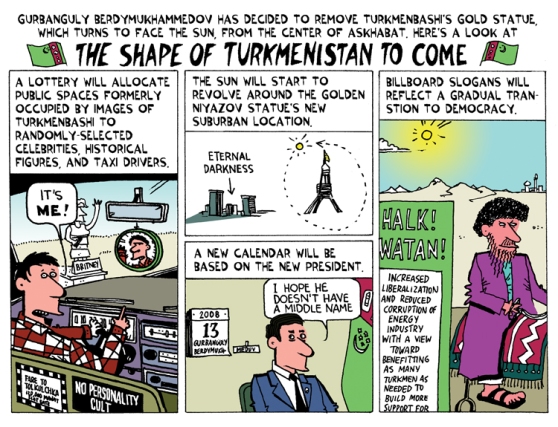I was incredibly lucky to have attended this festival. It was an act of musical defiance that gave young people, including the hundreds who attended the history-making main event in Babur Gardens.
Kabul’s underground concert venue:
Late Tuesday night saw Hoodie’s kick off a week of jam sessions, starting with Tears of the Sun, one of a dozen bands from the U.S., Australia, Pakistan, Iran, Central Asia, and of course Afghanistan.
At first, the show brought in more photographers than audience members. But before long, the room grew stuffier and smokier with more people trickling in.
“It’s the best night of my life,” one young man shouted. He and his friends — Afghan men in t-shirts and skinny jeans and the odd hoodie — slam-danced to set after set. They jumped, swayed, pointed their fingers into the air, flicked on their lighters.
“There are not many girls who are brave enough to come to these parties,” admits Nagris. “There are many Afghan men at this party who think it’s wrong for a girl to come. But now we come and they can see it’s not something very bad. It’s only music, we’re just chilling.”
Farida says she’s determined to try her best to lead a normal life: “We know anything can happen. Everyday when you walk out of your house, you know you might not come home in the evening.
“But we can’t lock ourselves away and not enjoy our lives. We need to take the risks to live our lives like human beings.”
Transgression was once central to rock and roll. Our iconic image of its genesis is Elvis Presley’s pelvis threatening to upend the staid social order of the 1950s. But we’ve come a long way since then. On the day of the show in Williamsburg, Brooklyn, there was a certain characteristic irony in young people — call us hipsters, if you like — that is in a sense actually a half-heartedness for life, an affected enthusiasm for things that we aren’t really committed to.
Perhaps it’s symptomatic of a certain post-modern exhaustion, where, in a throbbing cornucopia of sensual and cultural delights, there’s nothing left to rebel against.
Musicians who play in societies where there is a serious danger from repressive governments or violent extremists are putting something real on the line. They tap into an uncomplicated notion of authenticity that’s not easy to find in the West anymore. And that’s fucking rock and roll.


